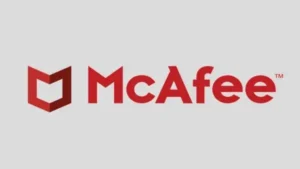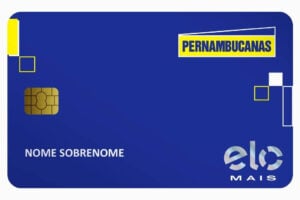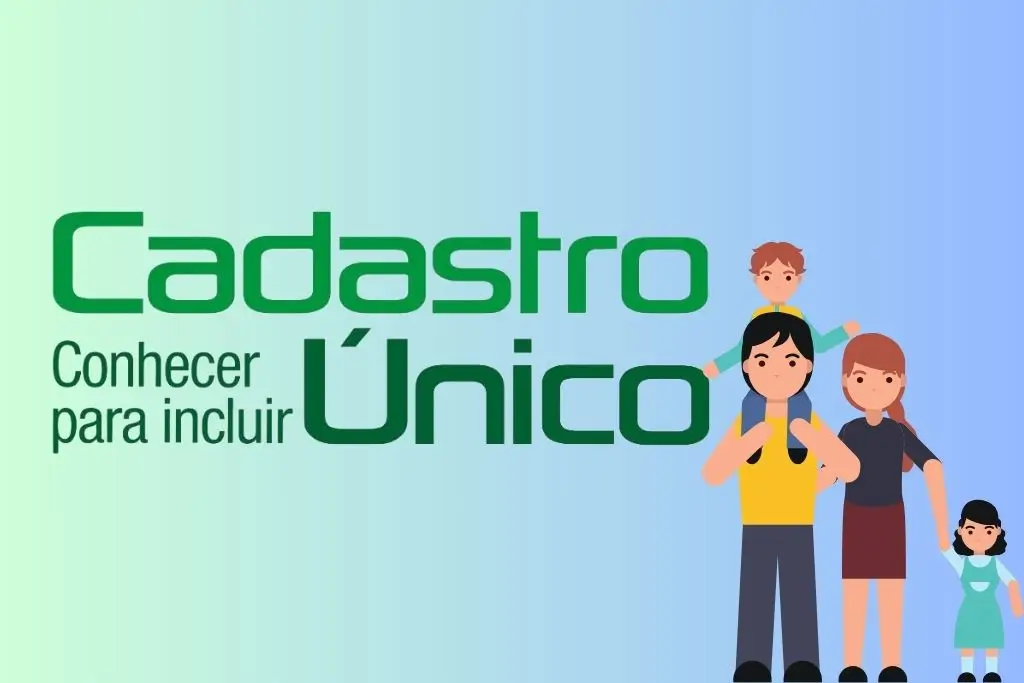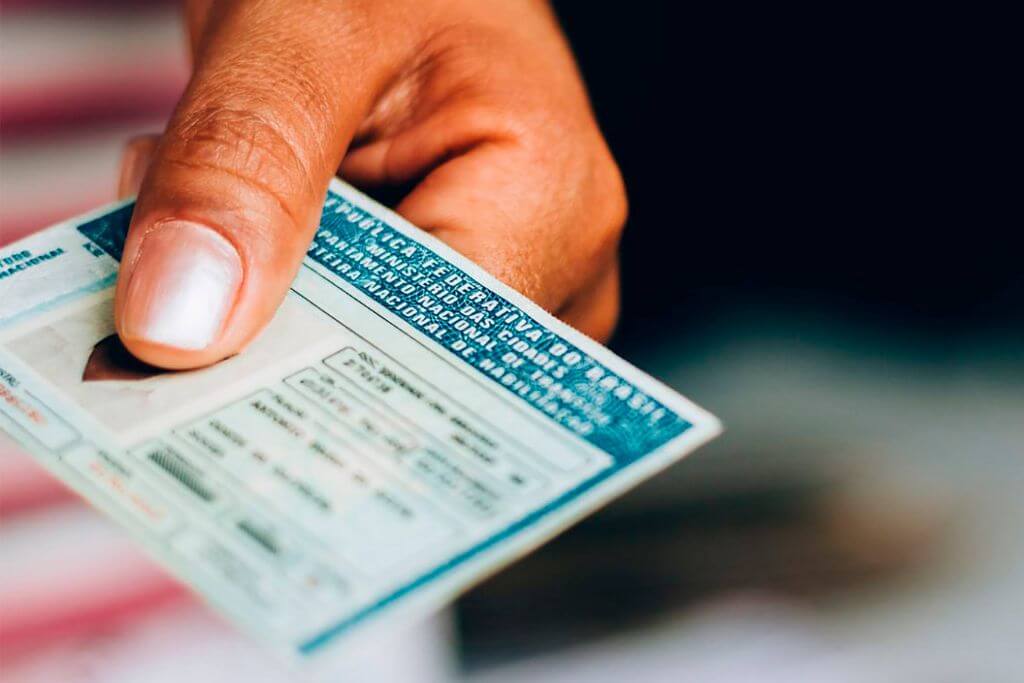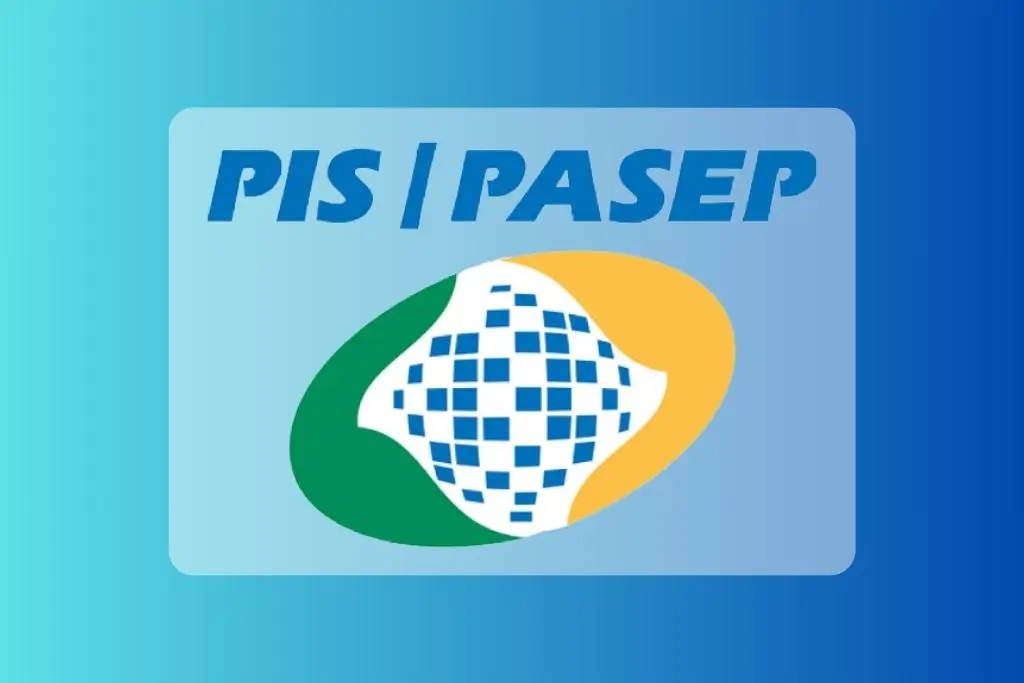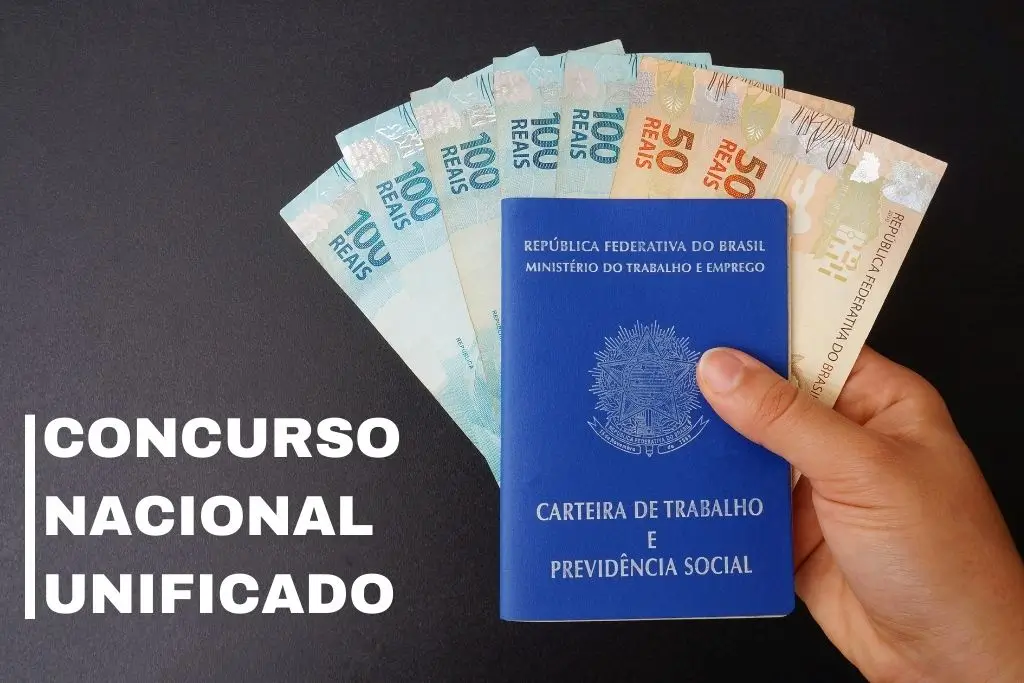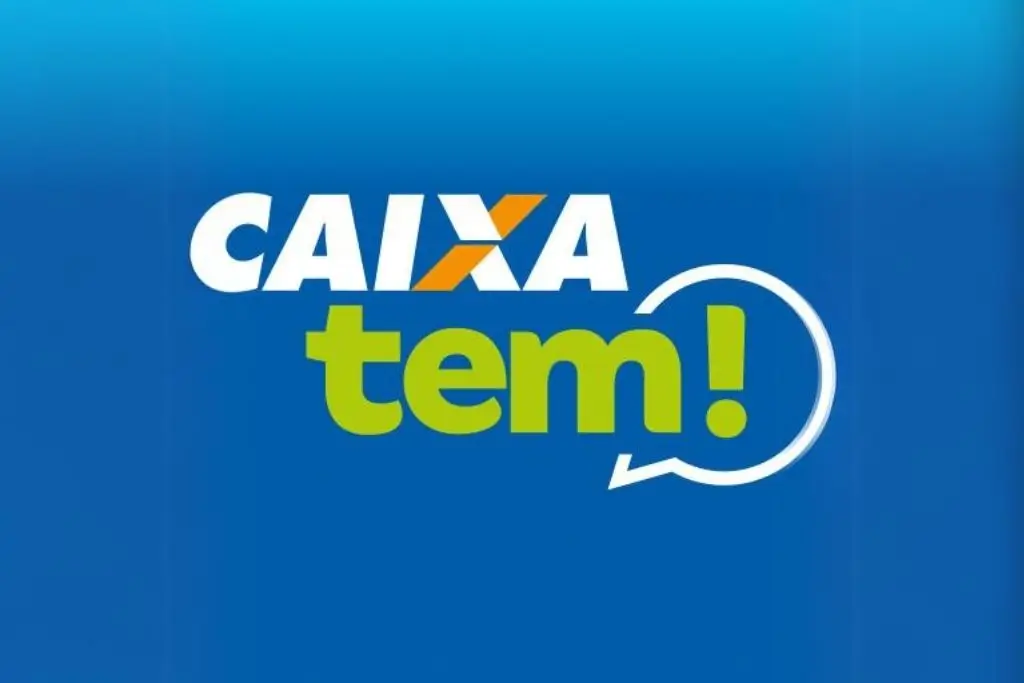Here's everything you need to know to understand how the new Unified National Competition will work, which promises to simplify the life of the competitive examiner
Adverts
With the main objective of guaranteeing equal opportunities, the Unified National Competition was presented as a significant reformulation of public competition standards in Brazil, also aimed at simplifying and impartialising the entire process.
The initiative, promoted by the Federal Government's Ministry of Management and Innovation in Public Services, introduces an innovative model for selecting civil servants, which proposes simultaneous competitions in all Brazilian states.
As well as seeking fairness in opportunities, the Unified National Competition also seeks to standardise the procedures for administering the tests, improve the selection criteria with a focus on the necessary qualifications and guarantee impartiality in all stages of the selection process.
Adverts
The public notice published on 10 January 2024 provided more information on how the entire selection process will take place, especially in relation to applications, which will take place from 19 January to 09 February 2024.
In all, there will be more than 6,000 places, distributed between eight thematic blocks covering a variety of areas and specialisations. Each of these blocks has specific subjects that reflect the needs and demands of federal agencies. Stay tuned for more information!
With regard to the locations where the unified national competition will be held, a total of 220 Brazilian cities have been chosen to be one of the centres for the CPNU on 5 May 2024.
The aim of distributing the exams in various cities across the country is to democratise access to public service vacancies, making it easier and more economical for candidates to take the exam in their own regions, without the need for long journeys.
This initiative also allows candidates to compete for vacancies in different public organisations, paying just one registration fee. The tests will be distributed among municipalities in each region of the country, providing opportunities for candidates all over the country.
If you're interested in finding out more, read on to find out more about the Unified National Competition!
Quick Index:
Unified National Competition: what it is
The Unified National Competition (CNU) aims to reformulate the public competition mould in Brazil, simplifying the process and guaranteeing equal opportunities.
The CPNU is an initiative of the Ministry of Management and Innovation in Public Services, which has brought an innovative model to the selection of civil servants by proposing simultaneous competitions in all states to fill permanent positions in federal agencies.
You might be interested:
- Antivirus: Is it worth investing in one?
- McAfee Antivirus: Is it worth it?
- Norton Antivirus: protect your devices
In addition to guaranteeing equal opportunities for candidates, the new model also aims to standardise test application procedures, improve selection criteria with a focus on the necessary qualifications and ensure impartiality in all phases of the competition.
Information on the Call for Proposals
The notice published in the Federal Official Gazette on 10 January 2024 marked the start of the selection process. The announcement contains important details about the number of vacancies, requirements, salaries, timetables and other relevant information for candidates.
Applications were made online via the Gov.br portal. Candidates must pay close attention to the dates and other information. Here are some details about the Unified National Competition:
Registration: 19/01/2024 a 09/02/2024
Remuneration: Up to R$ 22 thousand
Registration fee: R$ 60.00 to R$ 90.00
Number of vacancies: 6,640 vacancies
Date of the objective test: 05 May 2024
For more information on the calls for proposals for each thematic block, go directly to the federal government's website (gov.br)
You will be redirected to another site
Thematic blocks that make up the CNU
The Unified National Competition has 08 thematic blocks, subdivided as follows:
Block 1 - Infrastructure, Exact Sciences and Engineering
- Cartographic engineering and geoprocessing;
- Environmental and technological management, sustainability and energy;
- Government management and public governance;
- Planning and management of works, public infrastructure policies and accessibility;
- Public policies.
Block 2 - Technology, Data and Information
- Software development;
- Information technology management and support;
- Government management and public governance;
- Decision support, artificial intelligence and quantitative methods;
- Public policies.
Block 3 - Environment, Agriculture and Biology
- Characterising the landscape in rural areas;
- Agricultural production practices in rural areas;
- Government management and public governance;
- Sustainable development in rural areas;
- Public policies.
Block 4 - Work and Employee Health
- Sociology and psychology applied to work;
- Workers' health and safety;
- Government management and public governance;
- Labour law;
- Public policies.
Block 5 - Education, Health, Social Development and Human Rights
- Research and evaluation;
- Human rights, rights of native peoples and traditional populations;
- Public policies: education, science and technology and justice;
- Public policies: health and social development;
- Government management, public governance.
Block 6 - Economic Sectors and Regulation
- Economy, solidarity economy and the international context;
- Public policies and data analysis;
- Government management and public governance;
- English;
- Public budget, accounting and regulation.
Block 7 - Government Management and Public Administration
- Public policies and notions of statistics;
- Financial and budgetary administration, public accounting and procurement in public administration;
- Government management and public governance: strategy, people, projects and processes;
- Communication, document management, transparency and data protection;
- Government management and public governance: risks, innovation, participation, logistics and assets.
Block 8 - Intermediate Level
- Portuguese language;
- Notions of law;
- Maths;
- Brazilian Reality.
Available positions
A total of 6640 places are available, subdivided into thematic blocks:
- Block 1: 727 vacancies
- Block 2: 597 vacancies
- Block 3: 530 vacancies
- Block 4: 971 vacancies
- Block 5: 1016 vacancies
- Block 6: 359 vacancies
- Block 7: 1748 vacancies
- Block 8: 692 vacancies
When and where it will take place
The Federal Government recently announced that the CNU will be held in 220 Brazilian cities on 5 May 2024. The cities were chosen on the basis of population density, micro-regional influence and accessibility.
In all, there will be 40 cities in the North, 61 in the Northeast, 22 in the Centre-West, 70 in the Southeast and 27 in the South. The selection criteria for the cities also took into account locations with more than 100,000 inhabitants that had good structures for holding the competition.
The aim of this unification and division into various cities in Brazil is to democratise access to public service vacancies by making it easier and more economical for candidates to take the exam in their region without having to travel far.
This will also make it possible for candidates to apply for vacancies in various public organisations by paying for just one registration. The tests will be distributed among municipalities in each region of the country, providing opportunities for candidates in different states.
Tender timetable
Here's some information on the dates set for each phase of the Unified National Competition:
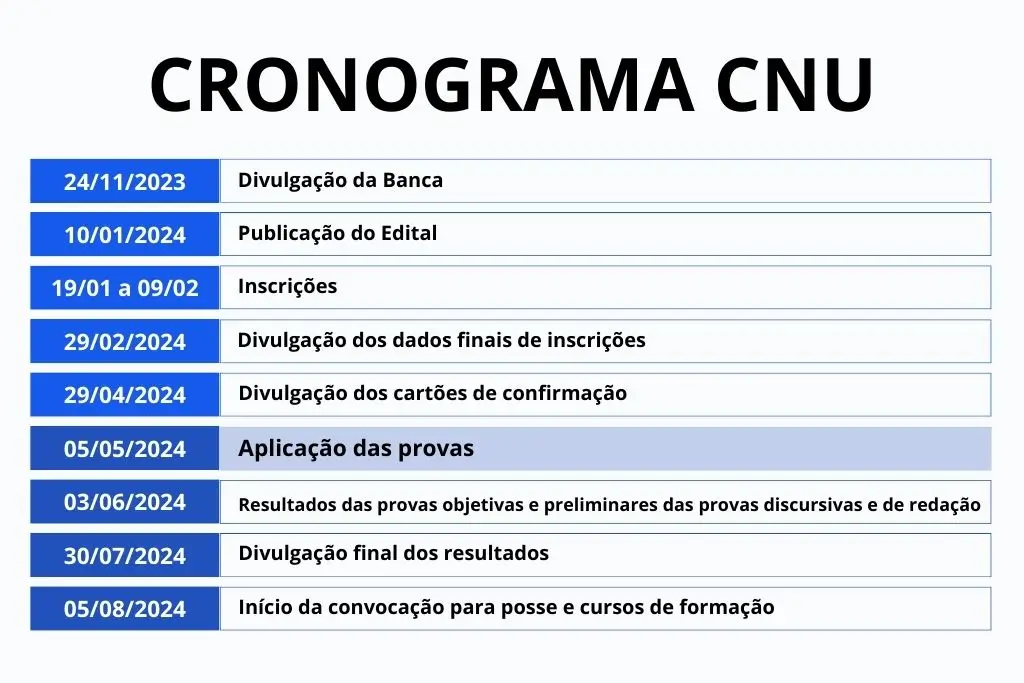
All the information can be accessed directly from the Federal Government's official website.
You will be redirected to another site
You may be interested:

